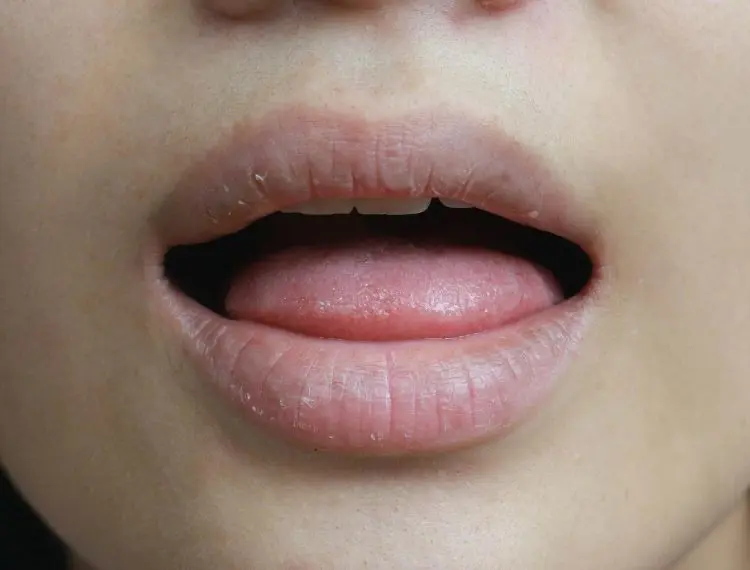
About one in three adults report having a dry mouth at some point in their life. A dry mouth is a symptom; it is something that is felt. Dry mouth is not always due to the glands that make saliva not working properly.
What causes a dry mouth?
- Dehydration
- A side effect of many medicines
- Cancer treatment, especially radiation therapy that is aimed at the head and neck
- Smoking
- Drinking lots of alcohol, tea or coffee
- Health problems like Sjögren’s syndrome and type 2 diabetes
- The cause is sometimes not known
Ways to beat dry mouth
- Drink lots of water
- Avoid or drink less coffee, and tea
- Avoid sugary drinks such as energy drinks and soft drinks
- Sip water as you eat.
- Choose soups for meals.
- Use sauces to moisten foods to make them less dry. This will make chewing and swallowing easier and it may make your food taste better.
- Avoid smoking, alcohol and other recreational drugs. These can make dry mouth worse.
- Know that spicy or salty foods may cause pain if you have a dry mouth.
- Try using a humidifier at night to moisten the air in your bedroom.
- If you wear dentures, take them out every night, and clean them well every day.
- Chew sugar-free gum. The chewing motion and flavouring makes your saliva flow. Some sugar-free chewing gums contain xylitol, which is a sweetener that can help prevent tooth decay. Chewing gum might not be a good idea if you have a jaw problem or any jaw pain.
- Dry mouth lozenges that contain xylitol. Try sucking on these at night before bed when dry mouth is more noticeable. Sucking on hard lollies that include sugar is not a good idea. This can increase your risk of developing tooth decay.
- Products that act as a replacement for saliva in the mouth. This can include gels, mouthwashes, mouth sprays and toothpastes. These products are thicker than water and help keep moisture in your mouth. Some of these products can even protect the inside surfaces of your mouth with ingredients that are very similar to ingredients of real saliva.
- There are some medicines that can help your saliva glands make more saliva.
- Check the list of medicines, vitamins and other supplements you are taking. Talk to your doctor to see if you can try taking a smaller amount of any of your medicines that are making your mouth dry.
- Never make medicine changes all by yourself. Changing the way you take medicines should only be done with your doctor's advice.
- Sometimes, a special TENS machine to stimulate saliva flow with electricity can help. This treatment is often done by a dental specialist.
Dry mouth and tooth decay
A dry mouth is a dangerous mouth. This is because tooth decay can develop faster in a dry mouth. But you can take control and prevent this from happening. Here are some tips:
- Gently brush your teeth after meals.
- Use a high fluoride toothpaste when brushing. This toothpaste will give your teeth extra protection. High fluoride toothpaste can be bought from a pharmacy and some dental clinics, it cannot be bought from the supermarket.
- Clean between your teeth every day. This takes away the food and bacteria that your toothbrush cannot reach. The longer the bacteria sit on your teeth, the more damage it can do.
- Visit your general dentist for a check-up regularly. People with dry mouth may need to visit more often. This helps your dentist to find tooth decay before it gets too bad.
- Avoid sticky, sugary foods and drinks. Sugar feeds the bacteria that cause tooth decay.
If you have quite a dry mouth, please see your doctor or dentist. They can do a check up for you to find the cause and make a plan for you to solve it.


